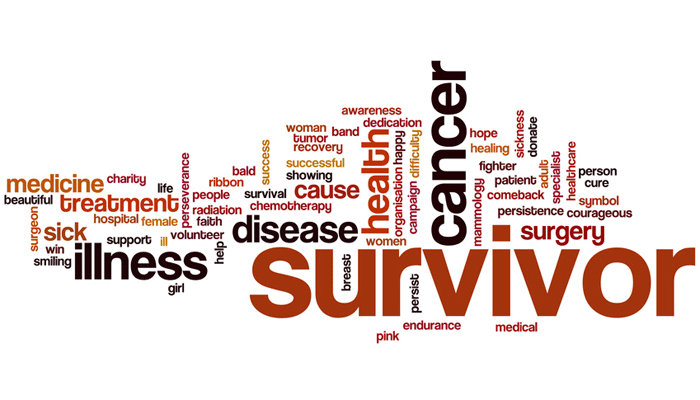
Recent research indicates music therapy can help people with chronic obstructive pulmonary disease (COPD). This condition damages air sacs and passageways in the lungs. People with COPD have trouble breathing. They often take quick, gaspy breaths trying to get enough air. The constant breathlessness causes anxiety, as well as trouble sleeping and deep fatigue. And…










